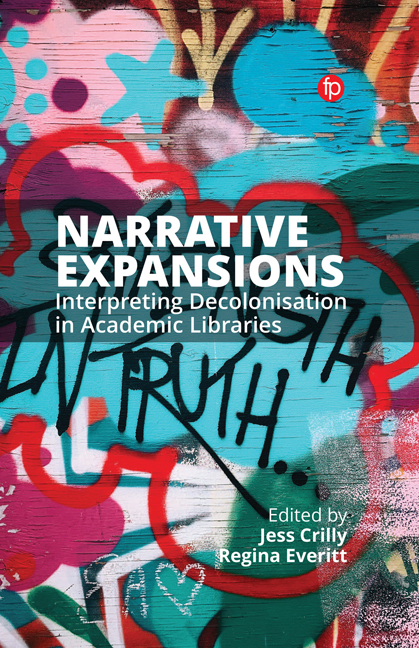6 - Critical Information Literacy and Structural Oppression: Reflecting on Challenges and Looking Forward
Published online by Cambridge University Press: 28 January 2022
Summary
Introduction
It has been a challenging time to be concerned about teaching information literacy in the USA. For a while, it felt like librarianship was shifting towards becoming a more justice-focused field. There was a shift towards critical information literacy (CIL), an approach incorporating critical pedagogy and/or critical theory into one's teaching. The Black Lives Matter movement brought the topic of racism into the national discourse. A growing number of librarians were writing articles using critical race theory (CRT) and other theoretical perspectives that used a critical lens to examine structural racism in libraries and librarianship. In addition, librarians were beginning to engage with decolonisation, including explicitly discussing the need for CIL to decolonise the assumptions inherent in most discussions of information literacy (e.g. Langille, 2018).
As those positive shifts were becoming more mainstream within librarianship, a pandemic of anti-intellectualism was spreading through the population. Large portions of the population were taking conspiracy theories as seriously as, or sometimes more seriously than, verifiable facts. The election of Donald Trump as the 45th President of the United States felt like a turning point. These conspiracy theories felt more influential than ever before, because the President of the United States regularly contributed to spreading them.
And then the COVID-19 pandemic struck. Conspiracy theories and anti-scientific perspectives continued running rampant, spurred on by the US President. Simple preventive measures, like wearing a mask in public, were politicised, while millions of people repeated the disinformation (Box 6.1 on the next page) claims that this was no worse than the flu. Meanwhile, colleges and universities across the country shifted to fully online education. Some libraries stayed open, while others went fully remote along with the rest of the institutions they operate within. Even at those colleges and universities that returned to in-person classes and reopened libraries early, COVID-19 safety measures influenced the on-campus experience.
In this chapter, I reflect on where we have been, the challenges we faced and some directions that I see as opportunities for working towards more justice in libraries and librarianship going forward.
Box 6.1: Disinformation or misinformation?
I use the term disinformation, rather than misinformation, when discussing factually incorrect information disseminated by political figures. Misinformation refers to information that is factually incorrect, regardless of intent.
- Type
- Chapter
- Information
- Narrative ExpansionsInterpreting Decolonisation in Academic Libraries, pp. 73 - 88Publisher: FacetPrint publication year: 2021
- 2
- Cited by



